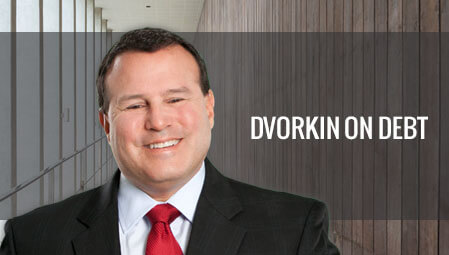The youngest workers are still the brokest, but they may have the best financial habits.
Like all fathers of teenagers, I spend increasingly more time worried about the next generation than my own. For a long time, I was gravely concerned about the Millennial Generation (ages 18-34), which researchers estimate will comprise 60 percent of the workforce by 2020. Will they be ready to be the economic engine of the United States?
For the first time, I’m hopeful they will.
What is starting to change my mind and ease my fears are recent studies that show millennials may be more mature about their finances than my generation was at the same age.
For instance, this month the Principal Financial Group surveyed millennials and found, “63 percent report they started saving for retirement before age 25.” That’s encouraging. Of course, they aren’t saving enough, but I know I wasn’t when I was 25. I was plowing every dollar I made back into my growing business.
It seems millennials may be doing the same. American Express conducted its own research last year and concluded…
Millennials have built new businesses out of the ruins of a recession. In doing so, they’ve changed the career expectations for a whole generation.
The same thing is happening in another segment of society: the military. Last month, the Navy Federal Credit Union polled the youngest military personnel and learned, “66 percent of millennials on active duty or with an active duty spouse have started planning their financial future.” While the poll didn’t compare that to older military personnel, I’m sure most of us didn’t expect that number to exceed 50 percent.
This may be damning an entire generation with faint praise, but we must remember how far behind millennials started (with the Great Recession) and how much student loan debt they need to endure just to get a degree (check out this surprising map).
Last week, a scary Harris Poll was released: 47 percent of Millennials “do not have at least $2,000 in emergency savings for unexpected expenses.” However, the figure was only marginally better for Gen Xers (ages 35-49) at 39 percent. My hopeful prediction is that, given another decade, millennials will catch up to and possibly exceed Generation X.
Even more worrisome to me than millennials were baby boomers. In that same poll, only 25 percent of those ages 50-68 have $2,000 in emergency savings.
If each generation strives to differentiate itself from the previous one, I hope millennials will distinguish themselves by not being financially cavalier —like too many in my generation have done. As we near retirement, that’s the biggest fear I have for my peers.
Howard Dvorkin is a CPA and chairman of Debt.com, an educational resource for those who want to conquer all forms of debt in their lives.








